WHY we need you in the Philippines
- Poverty is widespread, with 21.6% of the population in the Philippines living below the poverty line
- Malnutrition is evident, with 1 in 3 children under five having stunted growth, due to lack of a nutritional diet
- The Philippines is prone to natural disasters, which can affect farming and agriculture, one of the main sources of food for many families
- Many poor families have little education and limited access to health services
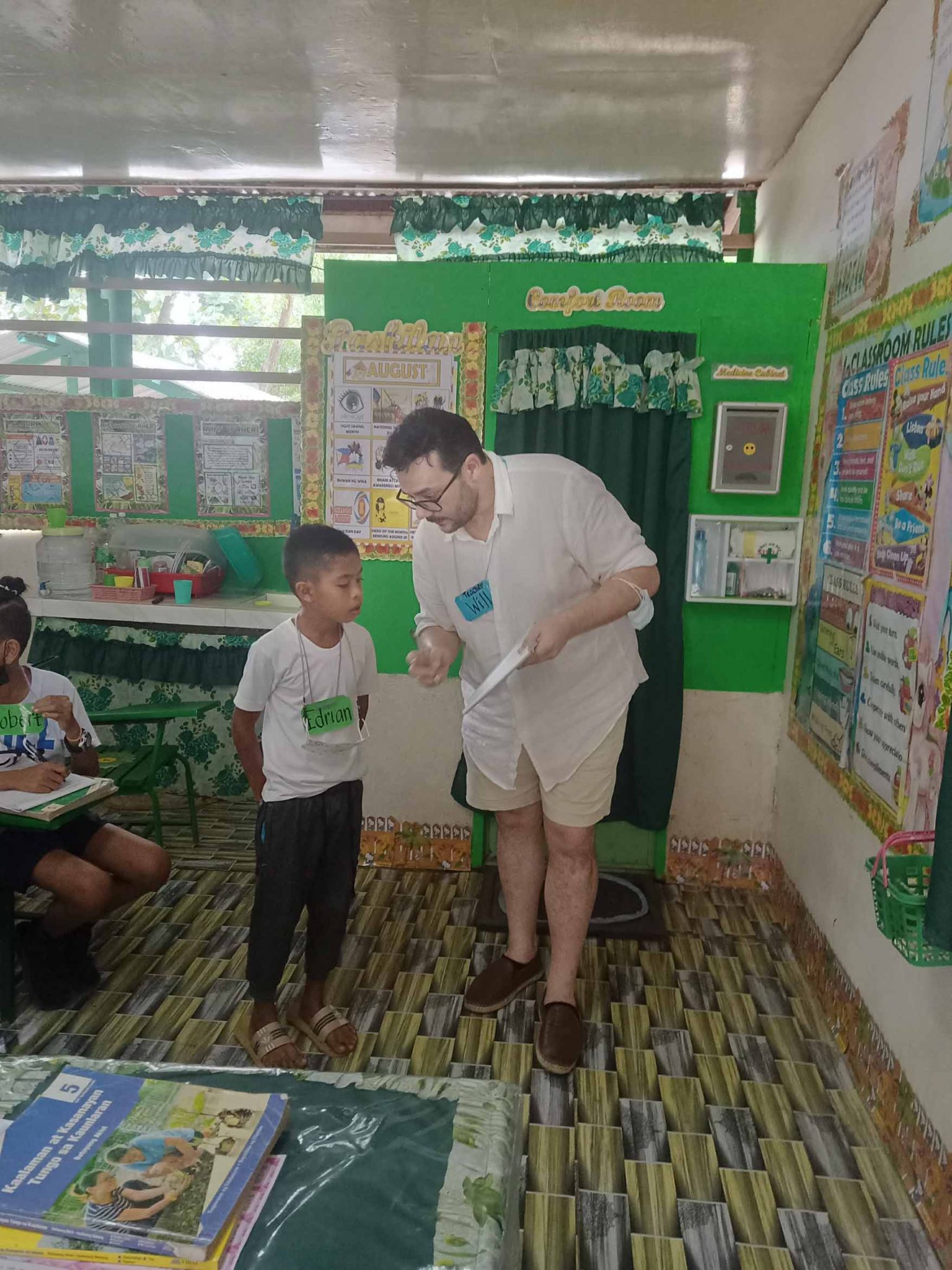
HOW can you help?
- Encourage and inspire the children into future education, which will provide many benefits for them
- Teach at local schools in El Nido and assist teachers that are over-run
- Increase your skills as a teacher by teaching the children on your own or with another volunteer
- Install confidence, creativity and individuality within the students as they practice their new skills
WHAT you can do?
- Teach English conversational skills, writing, reading, drawing, through fun activities
- Get creative through painting, drawing, crafts and anything else you can think of!
- Get the kids active by playing sports and playground games
- Teach at rural primary schools or informal schools for street children and unemployed adults
Why Involvement Volunteers International?
- Non Profit Organisation & Charity
- Over 30 Years Expertise Globally
- Low Program Fees - From US$295
- Excellent Safety Record, In-Country 24/7 Support & Emergency Assistance
- 1 Application Fee - Multiple Countries
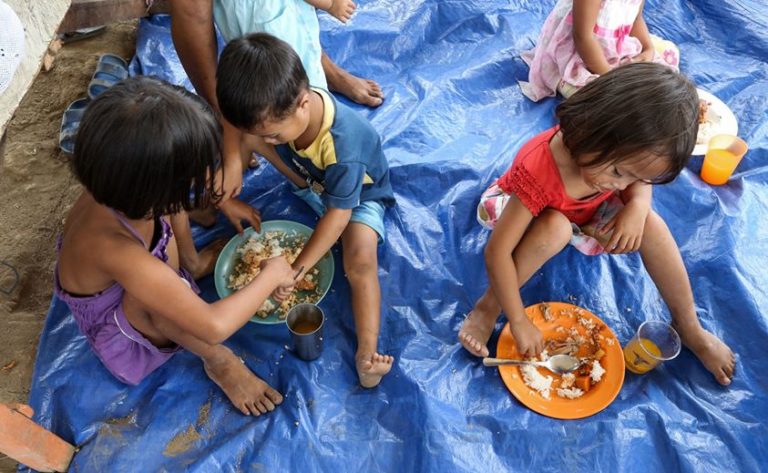
PROJECT NAME: ENGLISH TEACHING
LOCATION: EL NIDO, PALAWAN
START DATES: WEEKLY (SAT/SUN ARRIVALS)
ACCOMMODATION: VOLUNTEER HOUSE
MIN DURATION: 6 WEEKS
MIN AGE: 16+
SPECIAL REQUIREMENTS: N/A
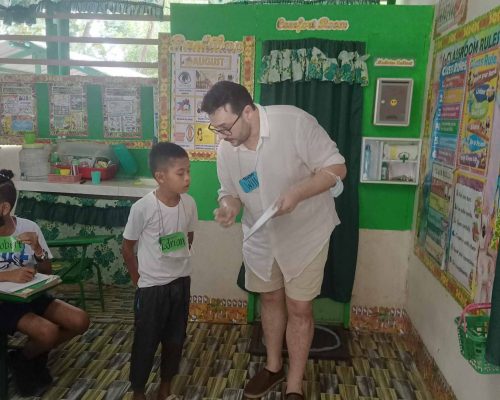
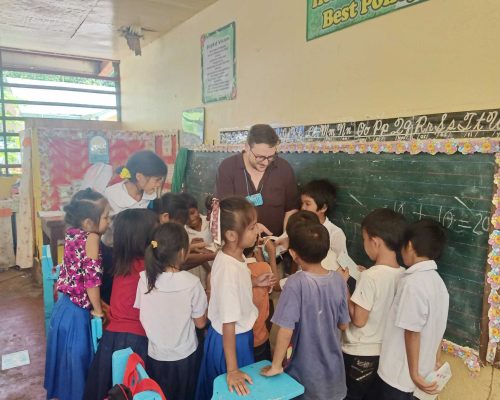
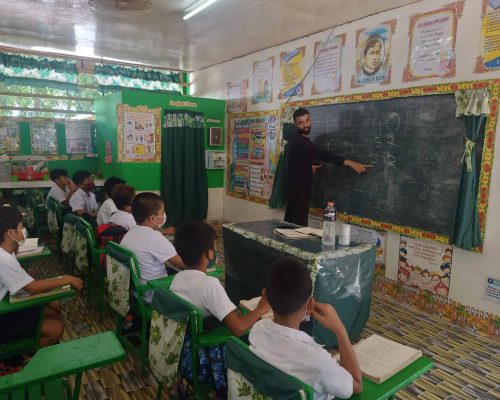
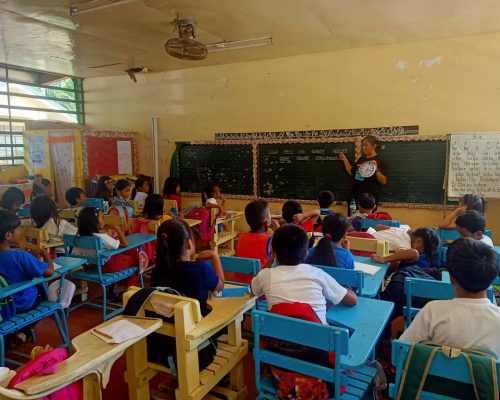
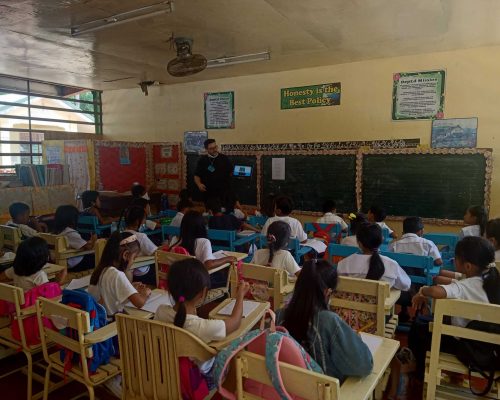
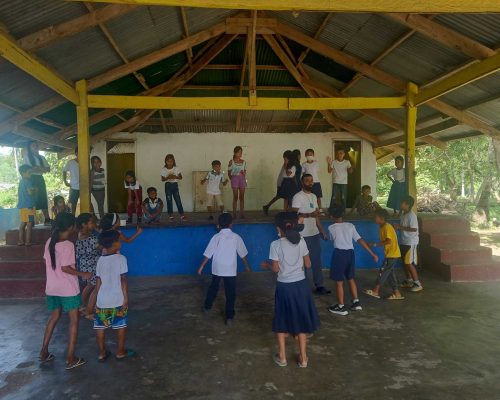
Overview
Children within the community lack ample opportunities to learn and practice English. Therefore, this program aims to provide children with a valuable foundation in English, offering them a head start in life.
What makes this program so great is the substantial impact you can have on the English language education of elementary and high school students in and around the Municipality of El Nido, specifically in Nacpan Village. This location, situated 7 km north of the town centre, means that your potential students may range from first to sixth grade, spanning ages 6 to 12.
The teaching program is structured as a formal English class, allowing participants to design and implement various learning activities. While adhering to the school curriculum, including grammar and conversation exercises, creativity is encouraged. The emphasis is on teaching practical English for everyday situations in an enjoyable and engaging manner.
Ultimately, the program aspires for a reciprocal learning experience, where the children benefit from your teachings, and you, in turn, undergo a life-changing experience with the children, leaving a lasting impact on their hearts and lives.
Roles and Additional Information:
Integral to the program is the cultural exchange that will transpire during the teaching and learning process. Filipino children express keen interest in foreign lands and cultures, making it advisable for you to bring visual aids, such as pictures, highlighting your country, family, and customs.
Teaching is considered a noble profession with significant responsibilities towards students. In addition to imparting knowledge, your role extends to inspiring and motivating students for life.
The focus of the teaching program will align with the needs of public schools at the time, encompassing responsibilities such as:
- Teaching English in collaboration with local teachers.
- Planning and organising lessons and meaningful learning activities with the local program coordinator across various age groups and grade levels.
- Facilitating diverse learning activities, including games, arts, songs, dances, grammar, conversational exercises, sports, and related activities.
- Participating in other school activities.
- Preparing and conducting assessment exercises.
- Marking monthly examinations or assessments.
To prepare for the Teaching Program, consider the following information about the school:
- Subjects: You will teach prescribed subjects from the curriculum, including Mathematics, Science, and English, with a focus on improving English communication skills.
- During teaching activities, punctuality, adherence to class schedules, and preparedness are emphasized. A dress code is in place, requiring attire that covers shoulders and knees, with men expected to wear trousers, T-shirts, and shoes. Active participation in various activities is encouraged to maximize the overall experience and create lasting memories.
Location
El Nido, located in the province of Palawan, is renowned as one of the world’s top tourist destinations due to its mesmerising lagoons, white sand beaches, rocky islets, towering limestone cliffs, and diverse marine life. Despite its popularity among tourists, there are overlooked communities living in impoverished conditions, particularly Nacpan Village, situated 17 kilometers north of El Nido town.
Project Tasks
- To teach conversational English, as well as reading, writing and any other subjects you wish to teach
- To teach through games & creative activities
- To come up with creative methods of teaching and inspire the children to learn
Food & Accommodation
The volunteer centre provides rooms shared with 4 people per room, with the houses complete with either a fan or air con, T.V, kitchen, wifi (this can be limited sometimes), mosquito protection, bed linen, cold showers and lockable rooms. Limited laundry facilities, so expect to wash your clothes by hand, unless you’d like to use the laundry service for a small fee.
We have two accommodation houses. The first is located in the small Village of Nacpan, El Nido, Palawan, which is about 20 mins to town. It’s close to the beach where you can relax, chill and swim on the beach during your spare time. You can also get to your placement via walking or riding a tricycle for nearby Barangays or other areas. This accommodation is mostly for those doing the construction, kindergarten and teaching programs.
The Second Accommodation is located at Barangay Buena Suerte, located at the very heart of the El nido Town. This accommodation is for those doing the El Nido culture week and Beach week programs. You can roam around the town’ centre during your spare time. El Nido town is a 5 hour drive from the City of Puerto Princesa.
*Private rooms may be available for a small upgrade, please ask us in advance.
3 meals per day are provided each day (2 on weekends). Food will be mainly of typical local and western dishes. We serve rice but not everyday. We also serve pasta, noodles, sea foods, most of the time chicken and pork, vegetables and fruits. For breakfast, we may have eggs, sausages, oatmeal, bread, pancakes, coffee and tea. However, meals will also be served based on your dietary requirements, but you need to inform us in advance.
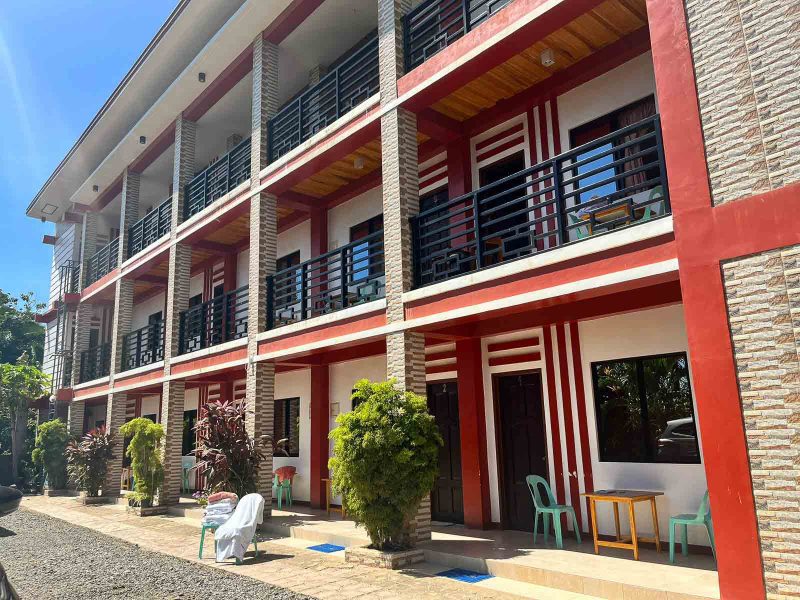
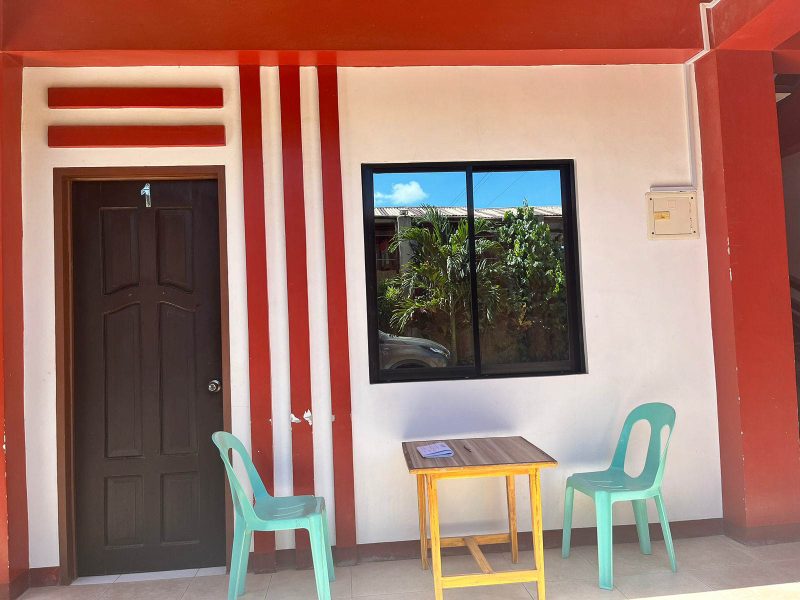
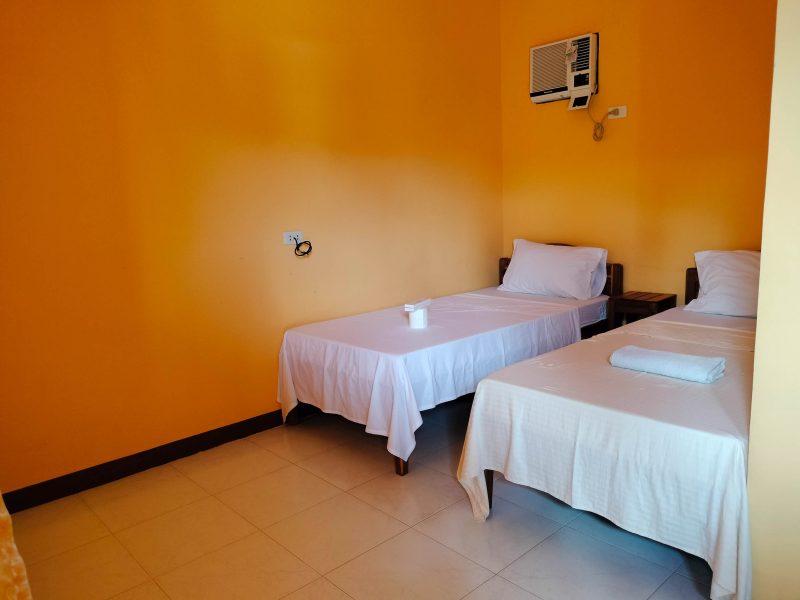
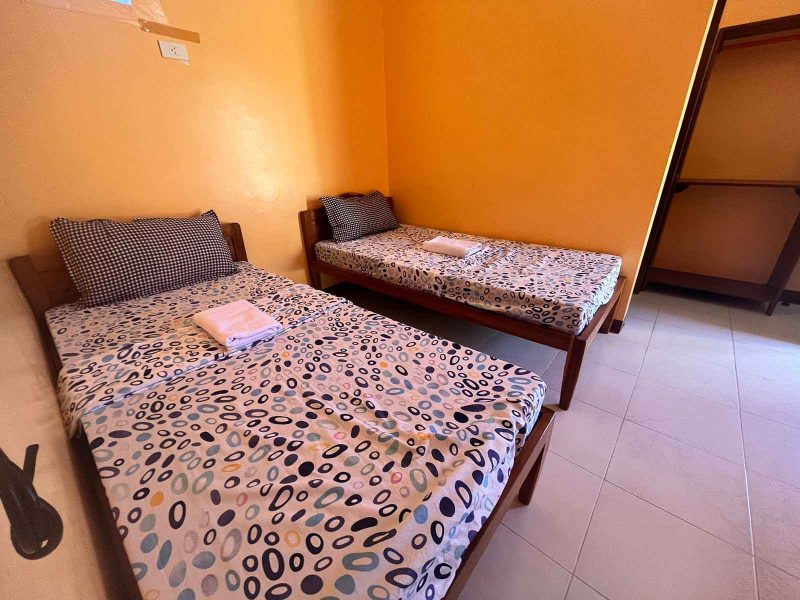
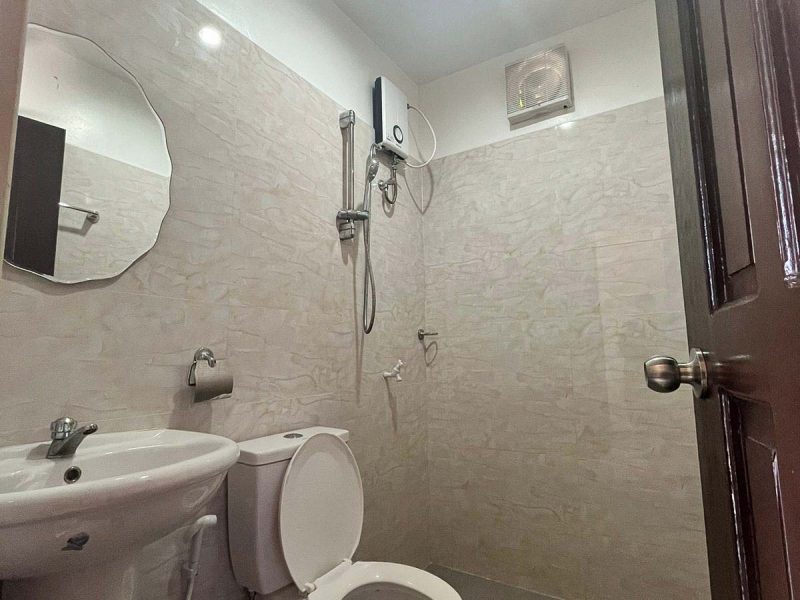
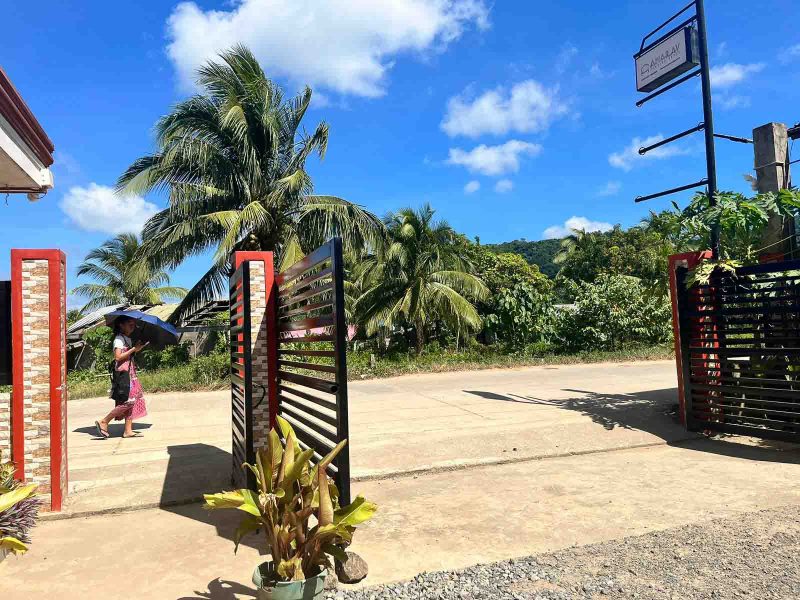
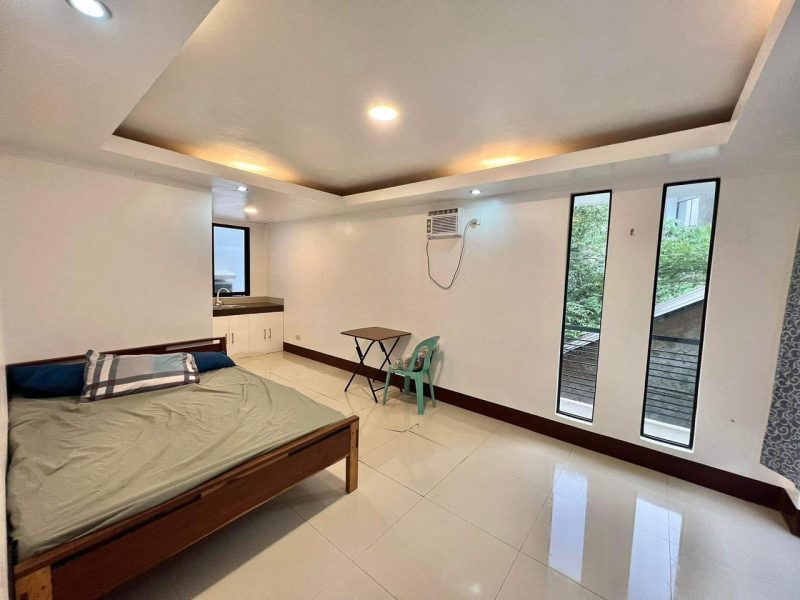
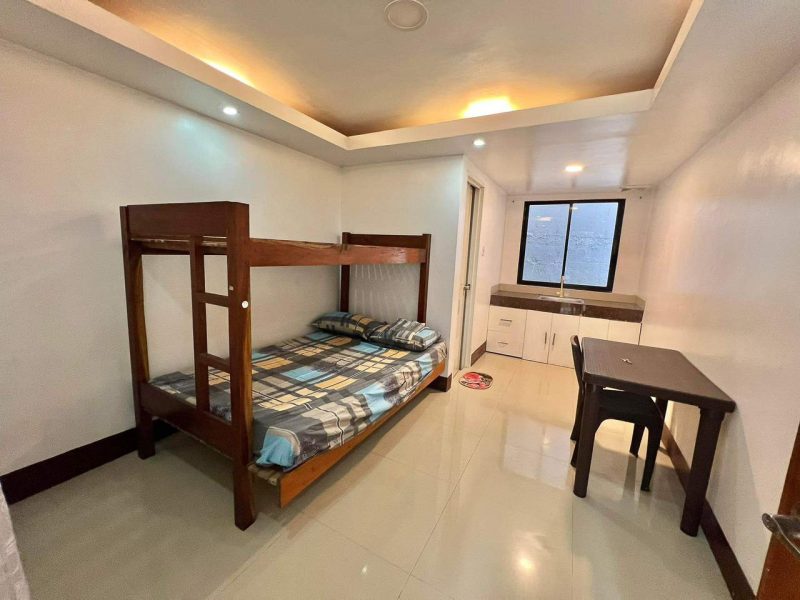
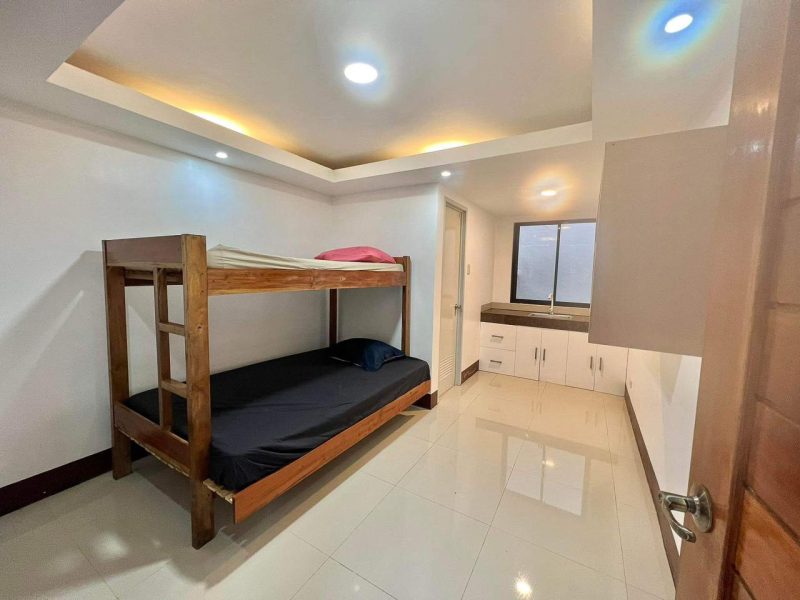
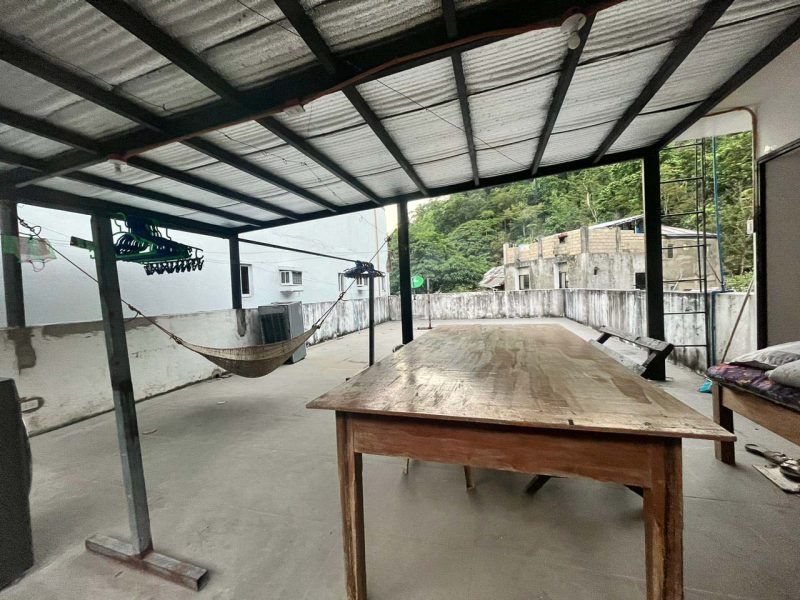
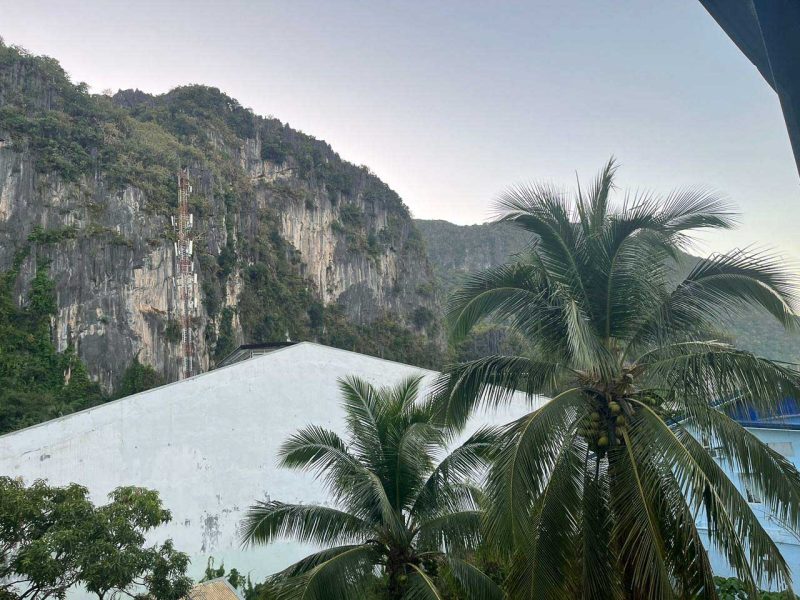
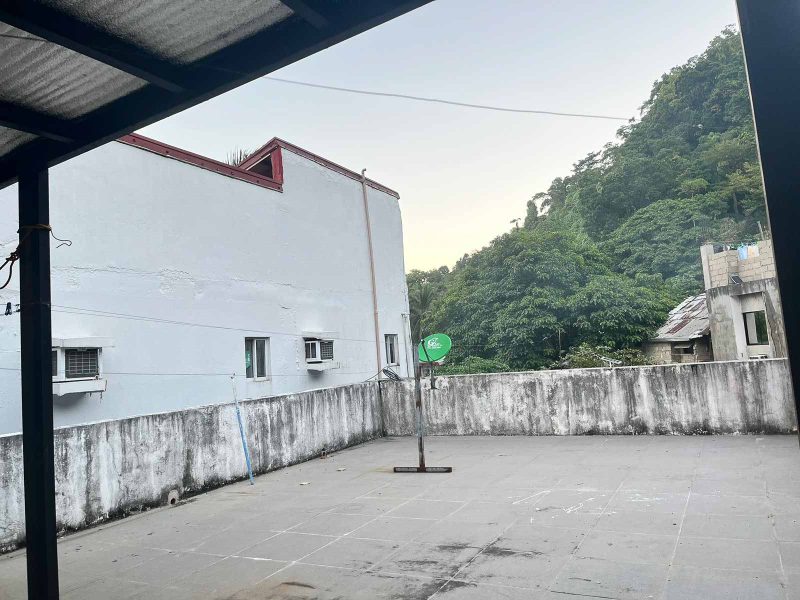
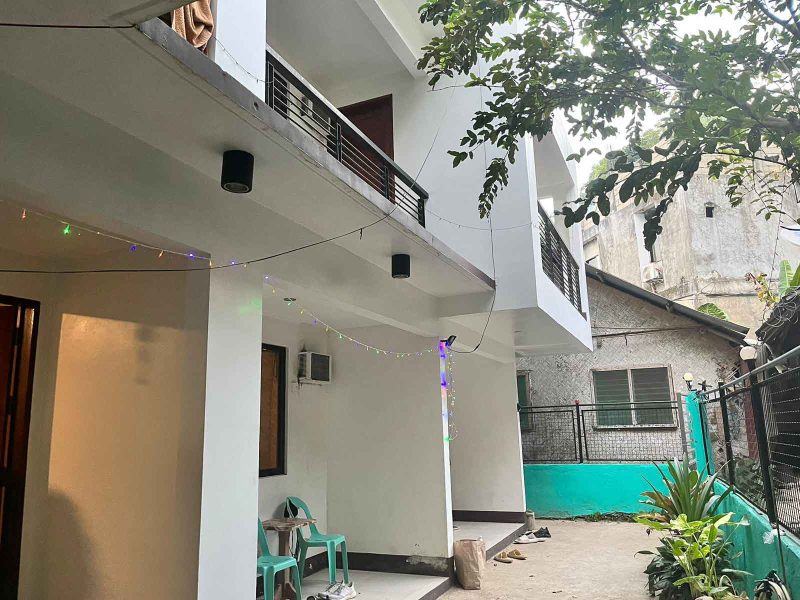
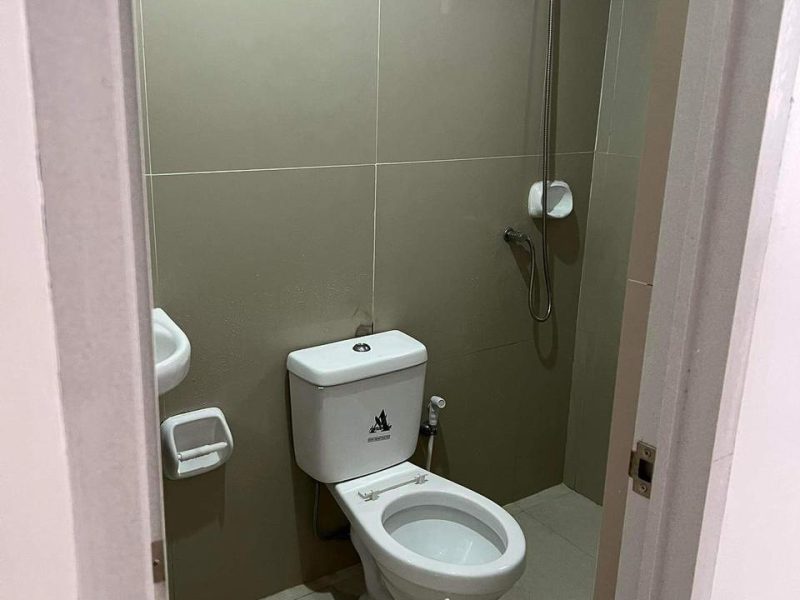
Standard
Projects (Palawan)
- Kindergarten Teaching, Aborlan
- Primary School Teaching, Aborlan
- Mangrove Conservation, Aborlan
- *Community Construction, Aborlan
- Kindergarten Teaching, El Nido
- Primary School Teaching, El Nido
- *Community Construction, El Nido
-
1 Week - $370
-
2 Weeks - $435
-
3 Weeks - $585
-
1 Month - $725
-
2 Months - $1795
-
3 Months - $2650
What's Included
-
Accommodation
-
Meals
-
Airport Pickup
-
Local Transportation
-
1 Day Orientation
-
24/7 In-Country Support
-
Project Materials & Equipment
-
Pre-departure Expert Advice
-
Preperation Tools & Checklists
-
Certificate of Completion
Application fee is one off per person (unlimited placements)
- Click Here to convert the below prices to your local currency
- Discounts may apply if travelling in a pair or group!
- All credit card fees included in below pricing 🙂
Testimonials...
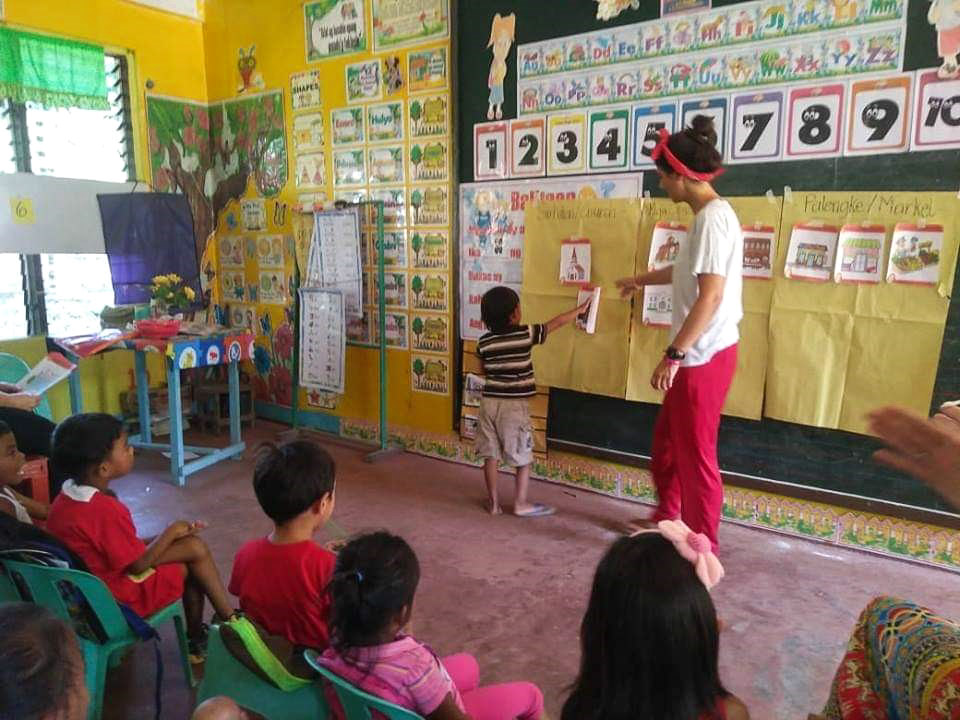
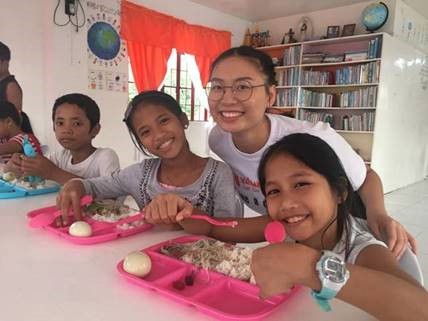
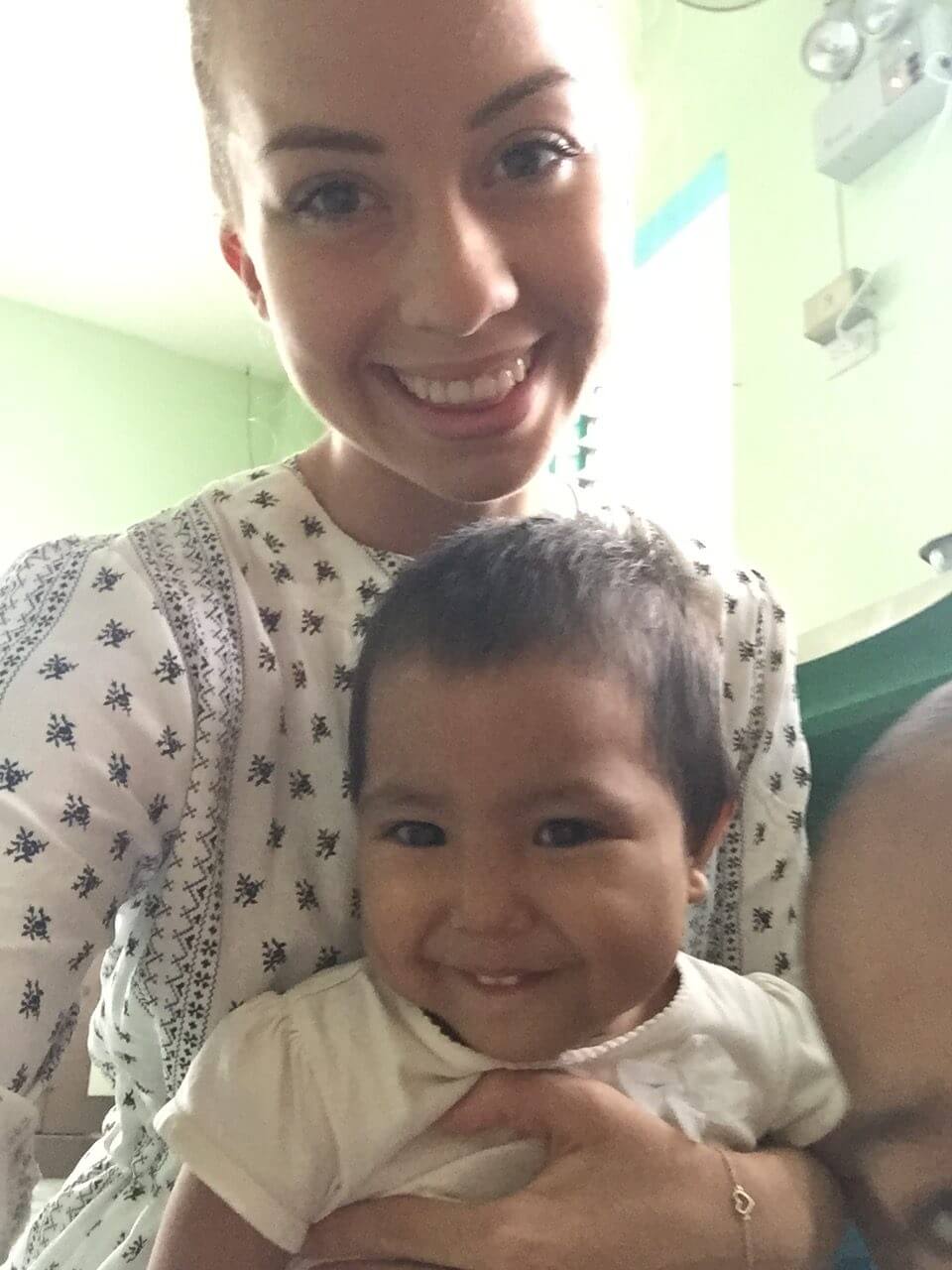
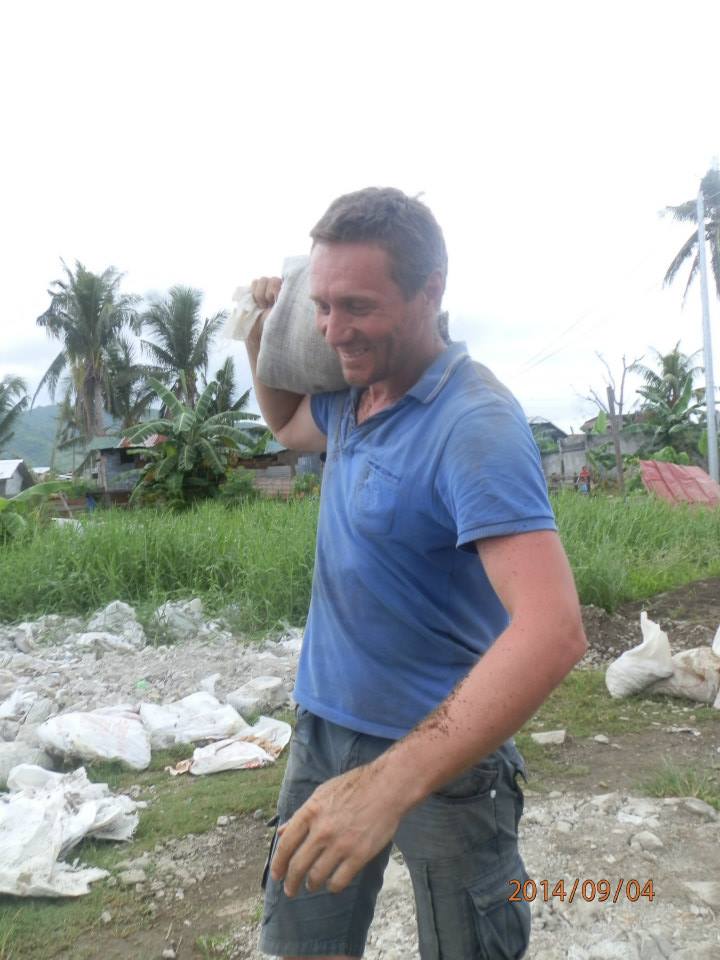
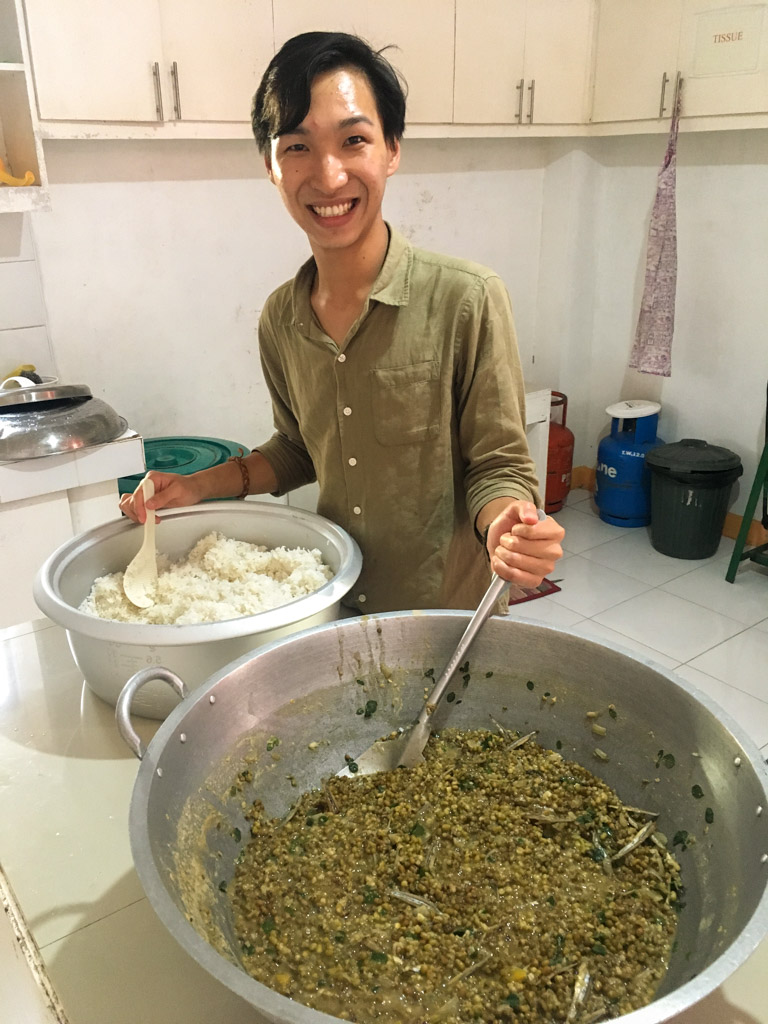
FAQ
If you love working with young people, are energetic and want to inspire the furture generation, then yes absolutely! Teaching in a foreign country can be challenging but the rewards are even greater. The children here greatly value the help you give, making this a rewarding project with lasting impacts.
- Accommodation
- 3 meals p/day weekdays / 2 meals p/day weekends
- Arrival airport transfer (Sat/Sun arrivals)
- Filtered drinking water, coffee & tea
- 1 day orientation
- Daily transportation to project
- In country 24/7 support & emergency assistance
- Fundraising support
- University course credits (where applicable)
- Certificate of Completion
- Airfares
- Travel Insurance
- Tours, Souvenirs & spending money
On the Monday of your first week at this location, you will join our orientation day, to familiarize you with the surroundings as well as local culture. Your program will continue as usual from Tuesday onward throughout the rest of the week.
ScheduleIntroduction meeting, House rules, Setting Expectations, Health and Safety Advice, handling of documents & Signing up of relevant documents.
Filipino Do’s and Don’ts, Dress Codes, Filipino Culture Lessons and Basic Filipino Language Lessons.
Tour around the compound and local area; and arrange a sim-card if necessary.
Lunch
Project Meetings, Observations, Preparations with assigned Local Program Coordinators.
Welcome Dinner
Activities & Events
Programs begin every Monday, and volunteers are required to arrive the day prior, for orientation before the project. Your accommodation on the Sunday is included in the program fees.
You have 2 options for arrival:
1st option: A free airport pickup is included when arriving to El Nido Airport (Lio). You must arrive between 08:00 – 17:00 on Sunday. The fastest way to go to El Nido is to fly directly to Lio Airport from Manila. Currently, AirSwift is the only airline that services the Manila to El Nido route. AirSwift operates up to four direct flights per day from Manila.The travel time is 1 hour & 30 minutes.
2nd option: A free airport pickup is included when arriving to Puerto Princesa International Airport (PPS). You must arrive between 08:00 – 15:00 on Sunday. Upon pick up at the airport, you will then transfer to the bus station on your way to El Nido or to the accommodation. The trip takes around 6 to 7 hours from the city of Puerto Princesa to El Nido.
If arriving outside the pickup times you can book a private transfer and any extra nights accommodation for an additional charge.
Alternatively, if arriving early you could wait at the arrival’s terminal for the pickup time, book accommodation at the airport and meet us during the pickup times or make your own way to the project (we will advise on how to do this).
From the El Nido airport the Nacpan Village accommodation, it takes 20 mins by road. To the Barangay Buena Suerte accommodation it takes 30 mins by road.
From Puerto Princesa International Airport, to both accommodation centres, it will take approx 6-7 hours by road.
You will volunteer min 4 hours a day.
First Monday
Breakfast
Introduction meeting, House rules, Setting Expectations, Health and Safety Advice, handling of documents & Signing up of relevant documents.
Filipino Do’s and Don’ts, Dress Codes, Filipino Culture Lessons and Basic Filipino Language Lessons.
Tour Around Town’s center and Local Area, and arrange a sim-card if necessary.
Lunch
Project Meetings, Observation and Preparations with assigned Local Program Coordinators.
Welcome Dinner
Tuesday to FridayBreakfast
Teaching Sessions and Activities at School.
Lunch
Teaching Sessions and Activities at School.
Preparations of Lessons/Topics/Activities for the next day.
Dinner
Beaches of Boracay
This small island is known for its outstanding natural beauty, and pristine white sand beaches. White beach stretches for 4km and is a popular place to visit. There are plenty of cafes and nightlife, including fire throwers and live music at the bars.
Bohol Chocolate Hills
Take a visit to Bohol island, around an hour from Cebu, and check out the 1200 hills of all shapes and sizes. This stunning natural formation is quite a sight. You can hike or take an ATV ride up the hills.
Diving
The Philippines have many amazing dive spots, and some of the most pristine water in the world! With plenty of fish, coral reef and even whale sharks, this is a divers heaven. You can even learn to dive here.
Twin Lagoon on Coron Island
You may have seen images of this spectacular beauty spot online- and it doesn’t disappoint! As well as some incredible diving, you can also explore some stunning viewpoints, secluded beaches, or go on a boat tour around these turquoise blue waters.
Ziplining
For those who love adventurous activities, why not try ziplining?! Check out the stunning one on El Nido, with beautiful views over the beach. It’s 750 metres and will give you that adrenaline kick for sure.
Kayaking
There are plenty of gorgeous places to kayak in the Philippines, and it’s secret lagoons are some of the best spots. Paddle your way through the stunning rock formations and crystal-clear waters.
Vigan Town
This very pretty town has a Hispanic heritage that is evident as you walk through the artsy cobbled streets. Vigan town is on the island of Luzon and is a great weekend trip, with museums, cafes, workshops and quirky sights. For photographers, you can get some pretty shots at dawn, when the town is empty.
Underground River, Palawan
Puerto Princesa is a beautiful river that goes underground, through impressive limestone caves. Book a boat tour to take you through the caves.
Manila
The capital city, Manila is a hustling and bustling place, with plenty of culture. Be sure to check out the museums, art galleries, old buildings, cafes and bars.
The following are further necessary in order for both the participants, local staff and everyones involved to have a meaningful, enjoyable and safe community program.
Older participants or over 65 years are required to have a medical clearance as proof of their physical fitness as they may perform various activities.
Participants below 18 years old need a signed parental consent as proof of involvement of their children for the program. If possible, accompaniment by an adult is highly advised.
Have a genuine interest and passion in teaching children.
High level of efficiency, accuracy and responsibility and can work under pressure and is a team player.
Excellent time management and self – organizing and a strong desire to take on new challenges and learn as much as possible.
Have completed or recommended the following vaccines: Polio, Hepatitis A, Diphtheria/Tetanus, Typhoid, Malaria, Hepatitis B, Tuberculosis.
Additional Equipment
Teaching Materials (Optional):
No specific equipment required for this project. However, you are more welcome to bring with you some educational materials to be used for learning activities such as games cards, coloring books, pencils, ball, musical instruments, worksheet, books/comics, cultural items and many more meaningful learning resources.
Dress Code:
The Philippines is a Conservative Country, please wear modest clothing covering knees and shoulders. Loose and long clothing is both respectful and tends to keep you cooler in hot climates. Cover up as much as possible in the spirit of the local culture to avoid embarrassment.
Your clothes must not be too short, too tight, or too revealing. Kindly make sure your shoulders and legs are covered.
Dress professionally since you will be working in a professional environment while teaching the children.
It is completely fine to wear western clothes as long as they fit the local standards.
The Philippines consists of more than 7000 islands and is a land apart from the mainland of Southeast Asia. The people are, simply, Filipinos – and proud of it. Welcoming, warm and relentlessly upbeat, it is they who captivate and ultimately ensnare visitors.
Islands are jungle-clad, mountainous and flanked by aquamarine waters and a world renowned coral reef. But you’ll find plenty of variations on this theme, from marooned slicks of sand in the middle of the ocean to sprawling, overpopulated mega-islands like Luzon and Mindanao.
About half of the Philippines’ 88 million people live in rural areas. Poverty is most severe and most widespread in these areas and almost 80 per cent of the country’s poor people live there. Agriculture is the primary and often only source of income for poor rural people.
Overall, more than a third of the people in the Philippines live in poverty. There are substantial differences in the level of poverty between the regions and provinces and the poverty gap between urban and rural areas is widening.
November to April is the most popular time to visit the Philippines, as this is when there is the least rainfall.
June to October is wet season and November to May is usally dry. Shoulder months can be a great time to travel as you can still get some good weather but there are less crowds. The island weather can vary, so it’s worth checking the weather for which islands you will be visiting at which time of year.
The Philppines has a big Latin and Spanish influence, due to the previous Spanish rule. Evidence of this can be seen throughout the Philippines. The Filipino people are very welcoming, like to have close family bonds, and getting together with friends and family to eat, sing and dance. They are also very religious and most go to church at least every Sunday.
Filipino people have a great respect for thier elders, saying the phrases ‘po’ and ‘opo’, when speaking with thier elders. They love a good party and festival, particually Christmas which they can celebrate right into the second week of January!
30 Years Non Profit Experience
IVI is an Australian charity & non profit organisation founded in 1989 and is one of the pioneers of overseas volunteering successfully placing over 20,000 volunteers globally.
Affordable Volunteer Travel
Safe & Responsible Projects
Work Experience & University Credits
Check out this amazing blog with step by step info on how to raise funds for your overseas volunteer experience to help maximize your impact abroad. Guide to Fundraising
Weekends & Extra Tours
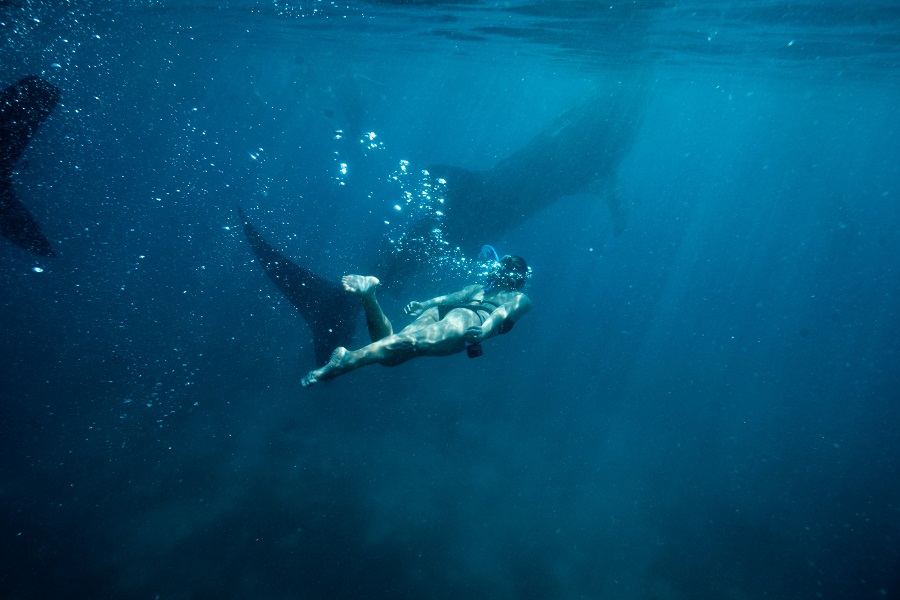
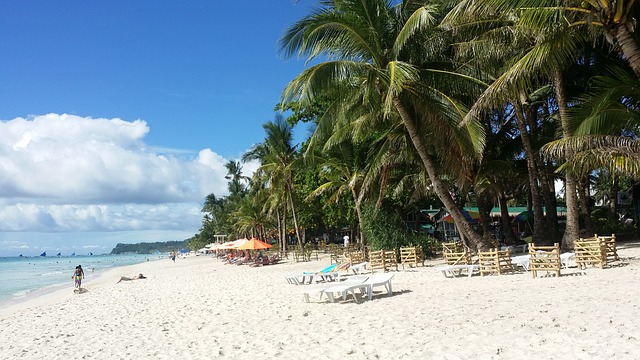

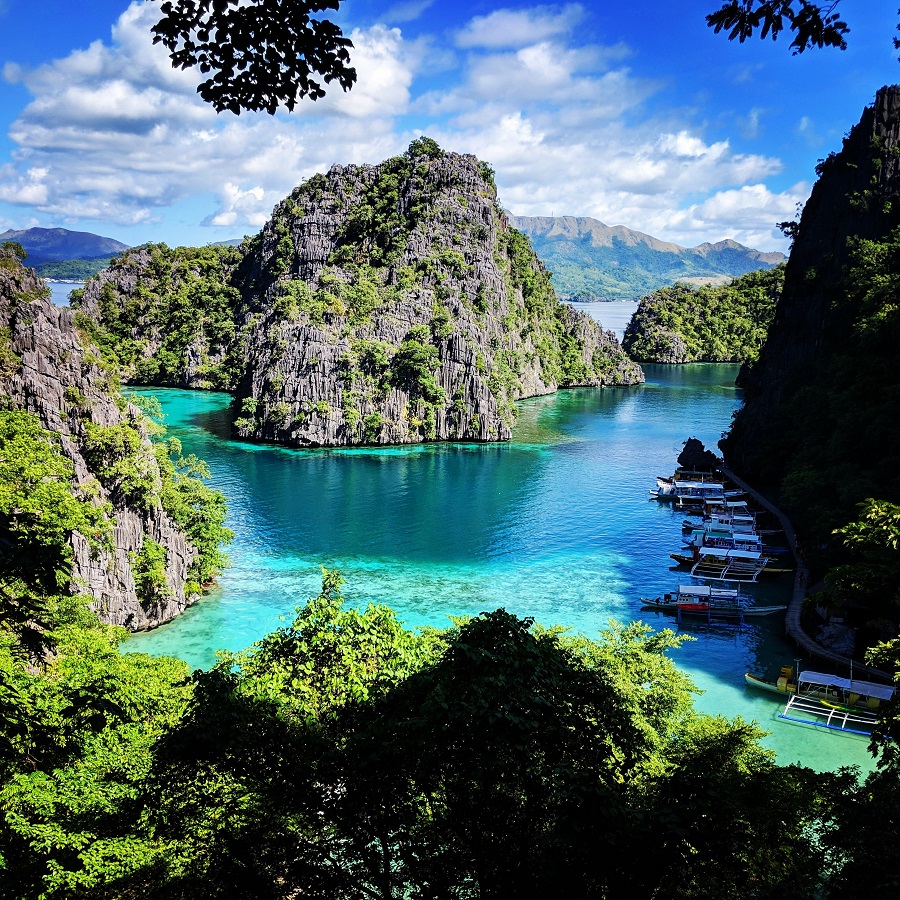
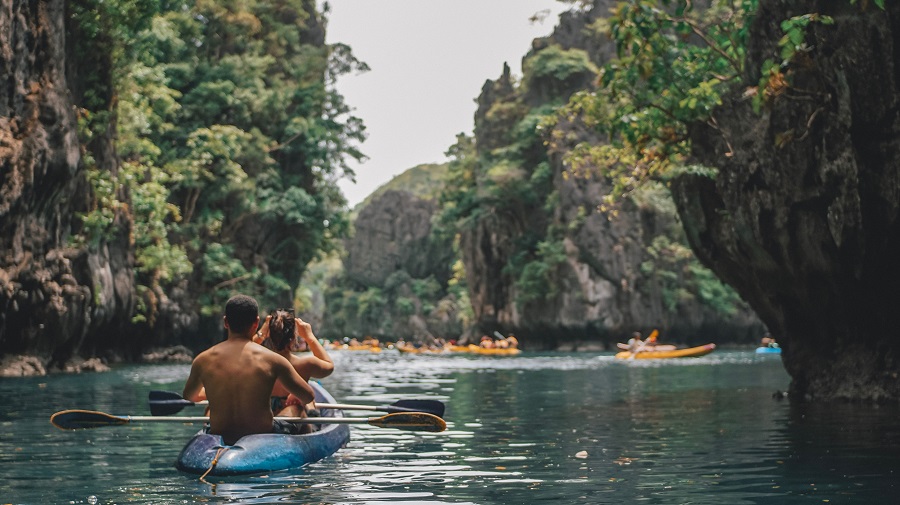
 Involvement Volunteers International
Involvement Volunteers International